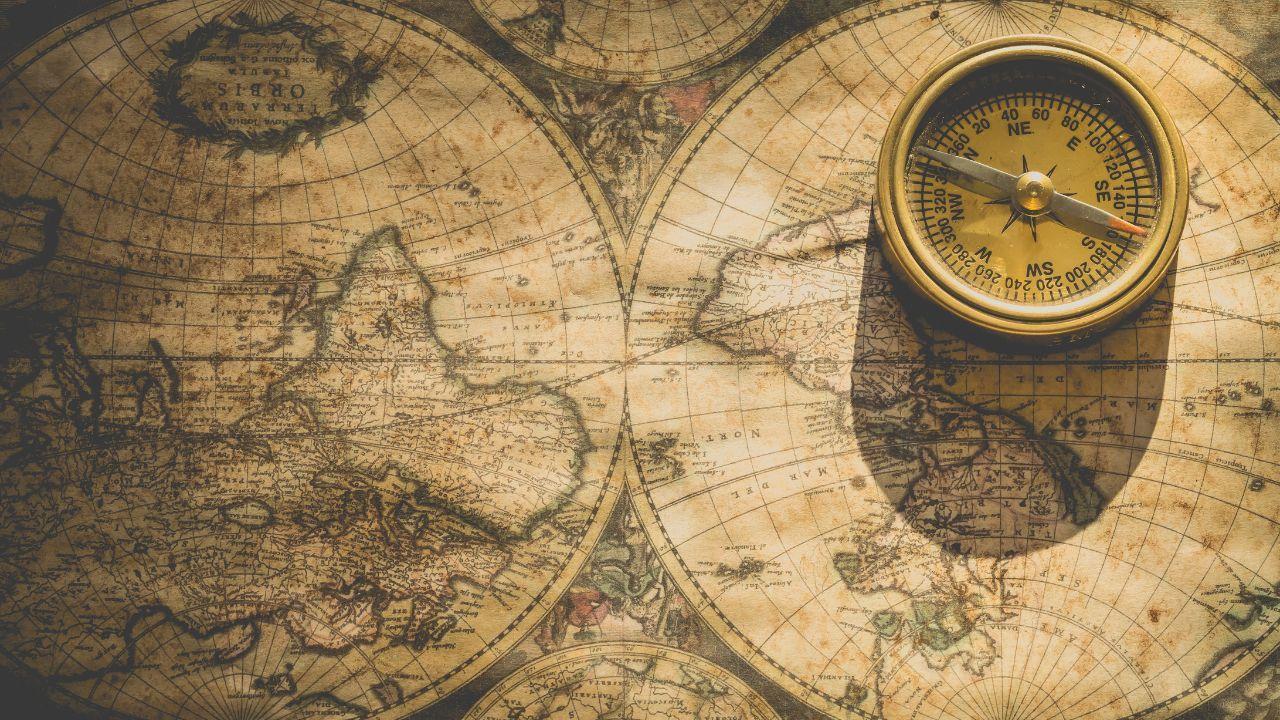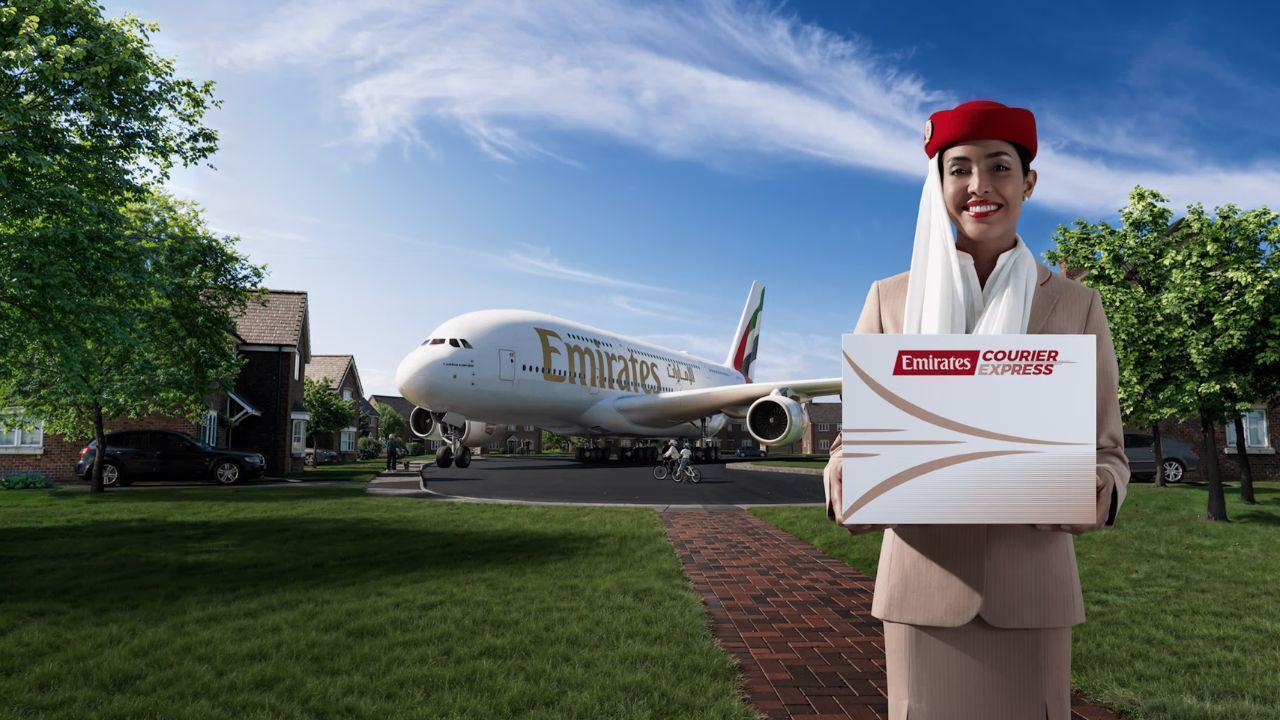
Post by: Vansh Kumar
Maps have been one of humanity's most powerful tools for understanding and navigating the world. From ancient parchment scrolls to modern GPS systems, maps have helped us understand the world better by making it easier to explore, trade, and connect. They are more than just tools for navigation—they are windows into history, culture, and human ingenuity. Let’s delve into how maps have shaped our knowledge and transformed the way we see the world.
The journey of cartography dates back thousands of years, beginning with early civilizations such as the Babylonians, Egyptians, and Greeks. These ancient societies created some of the first maps to record land boundaries, navigate waterways, and mark territories. While these early maps were rudimentary compared to modern standards, they laid the foundation for exploration and expansion. For instance, the Babylonian clay tablets from 2300 BC contain some of the earliest known maps, which were critical for understanding geography, marking trade routes, and managing resources. Even in these early stages, maps helped people to make sense of their surroundings, offering insights into geography and guiding the development of society.
The Age of Exploration, spanning the 15th to 17th centuries, marked a turning point in the role of maps. During this time, maps became indispensable for explorers seeking new lands and connections across the globe. Figures like Christopher Columbus and Ferdinand Magellan relied heavily on maps to navigate uncharted waters, discovering new territories that were previously unknown to many parts of the world. As exploration grew, so did the accuracy and sophistication of maps. Cartographers like Gerardus Mercator played a pivotal role in advancing map-making techniques, introducing the Mercator projection, which allowed for a more accurate representation of the Earth on a flat surface. This innovation proved crucial in guiding explorers, ultimately contributing to the establishment of global trade routes and the cultural exchanges that followed.
Maps have also played a significant role in broadening our understanding of the world’s diversity. By providing visual representations of geographical features, climate zones, and cultural boundaries, maps have helped us recognize the interconnectedness of different parts of the globe. Political maps show us the divisions between countries, while physical maps highlight natural features like mountains, rivers, and forests. Thematic maps, which focus on specific topics such as climate, population density, or language distribution, provide additional insights into the patterns and trends that shape human life. Through maps, we can see how geography influences culture, resources, and the development of civilizations, helping us appreciate the complexity and diversity of the world around us.
Maps have long been vital in facilitating trade and economic development. In ancient times, trade routes such as the Silk Road relied on maps to connect distant regions of Asia, Europe, and Africa. These early maps were essential for traders to find safe and efficient routes, facilitating the exchange of goods, ideas, and technologies. As time progressed, maps continued to be crucial for global trade. Today, modern maps help businesses and industries optimize shipping routes, plan air traffic, and ensure that products reach their destinations on time. Without accurate maps, global commerce would be much more difficult and inefficient. In fact, the global economy’s reliance on well-planned maps remains a testament to how indispensable these tools are in today’s interconnected world.
With the rise of digital technology, the role of maps in our daily lives has been revolutionized. GPS systems, online mapping tools like Google Maps, and satellite imagery have made navigation more accessible and efficient than ever before. Today, maps are used not just for getting from one place to another, but also for real-time updates on traffic, directions, and even finding nearby businesses. How maps have helped us understand the world better is even more apparent in the digital age, as geospatial data now enables us to track changes in the environment, monitor weather patterns, and plan urban development. The ability to access detailed and up-to-date maps from the palm of our hand has significantly changed how we interact with the world.
Maps have also played an essential role in advancing scientific understanding. In addition to their use in navigation and trade, maps have helped scientists explore and study the Earth and beyond. For instance, cartographers and scientists use maps to study the surface of other planets, chart the ocean floor, and monitor natural phenomena such as earthquakes and volcanic activity. Maps of Mars, created from rover data, have provided invaluable insights for future space missions, while oceanographic maps have unveiled hidden underwater mountain ranges and deep-sea trenches. These applications demonstrate how maps continue to expand our knowledge of the planet and the universe, proving their importance not only in geography but also in scientific discovery.
Beyond their practical uses, maps hold immense cultural and historical significance. They serve as reflections of how people perceived the world at different points in time. For instance, medieval maps often depicted mythological creatures and spiritual symbols, revealing the worldview of the societies that created them. Today, maps continue to inspire creativity, education, and exploration. They are not just tools for navigation but also works of art that help us understand the cultural and historical context in which they were made. From school atlases to decorative maps in museums, these visual representations of the world continue to captivate and inform us about the past, present, and future.
As technology continues to evolve, so too does the potential of maps. New technologies like augmented reality (AR) and virtual reality (VR) are changing the way we interact with maps, allowing for immersive and interactive experiences. These innovations are making navigation more intuitive, offering users a dynamic view of the world around them. Additionally, artificial intelligence (AI) is enhancing the accuracy of geospatial data, enabling us to address some of the world’s most pressing challenges, such as climate change, disaster management, and urban planning. As we look to the future, maps will continue to be a vital tool in shaping how we understand and interact with the world.
Maps have been crucial in helping humanity understand the world throughout history. From ancient civilizations to modern technology, maps have guided exploration, trade, and scientific discovery. Early maps, such as those from the Babylonians and Egyptians, served to record land boundaries and aid in navigation. During the Age of Exploration, maps became essential tools for explorers, contributing to global trade and cultural exchanges. In the digital age, maps continue to evolve, with tools like GPS and satellite imagery offering real-time navigation and scientific insights. Maps also provide a deeper understanding of the world’s physical and cultural landscapes, shaping our global awareness. As technology advances, maps remain essential for addressing challenges like climate change, urban development, and disaster management, proving that they are indispensable for both the present and future.
The content provided in this article is for informational purposes only. The views and opinions expressed are those of the author and do not necessarily reflect the official policy or position of DXB News Network. While every effort has been made to ensure the accuracy of the information, DXB News Network cannot guarantee the completeness or reliability of the content. Readers are encouraged to conduct their own research and consult relevant sources before making decisions based on the information provided.
#trending #latest #Maps #Cartography #GlobalExploration #UnderstandingTheWorld #HistoryOfMaps #Navigation #DigitalMaps #Geography #ScienceAndMaps #CulturalImpact #FutureOfMaps #MapsInHistory #GeospatialData #MapsForDiscovery #MappingTheWorld #GPSTechnology #breakingnews #worldnews #headlines #topstories #globalUpdate #dxbnewsnetwork #dxbnews #dxbdnn #dxbnewsnetworkdnn #bestnewschanneldubai #bestnewschannelUAE #bestnewschannelabudhabi #bestnewschannelajman #bestnewschannelofdubai #popularnewschanneldubai

Culture Summit Abu Dhabi 2025 (April 27-29) gathers global leaders to discuss culture’s role in shaping humanity, innovation, and sustainability....Read More.

Sheikh Dr. Sultan bin Mohammed Al Qasimi welcomed dignitaries and citizens at Al Badi’ Palace to celebrate Eid Al Fitr with heartfelt greetings...Read More.














Meta’s AI Research Head Joelle Pineau to Step Down in May
Joelle Pineau, Meta’s VP for AI research, will step down in May after 8 years. She led Meta’s open-s

Real Madrid Edge Real Sociedad in 4-4 Thriller to Reach Final
Real Madrid fought back from 4-2 down to draw 4-4 with Real Sociedad sealing a 5-4 aggregate win. Ru

Nottingham Forest Near Champions League After Elanga’s Goal
Anthony Elanga’s stunning solo goal secured Nottingham Forest’s 1-0 win over Man United, pushing the

Ananya Panday Shines at IPL 2025 with Stunning Dance Performance
Bollywood star Ananya Panday dazzled the crowd at Wankhede Stadium with her energetic dance before M

Foreign Minister Joins Heritage Foundation Discussion in Washington
Dr. Abdullatif Al Zayani attended a session at the Heritage Foundation in Washington, discussing Bah